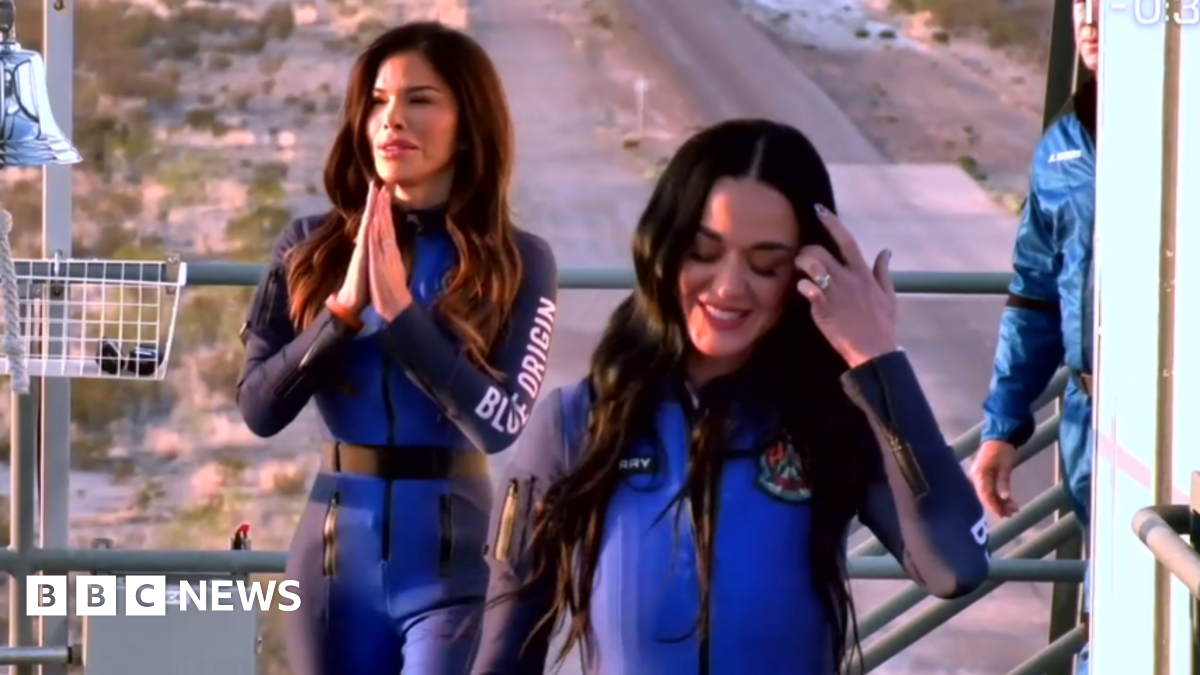Space tourism vs space sciencepublished at 13:00 British Summer Time
 Victoria Gill
Victoria Gill
Science correspondent
Space tourism, as an industry, is still in its infancy, so
every time a mission launches successfully, it is significant. It demonstrates
that these short, commercial flights can be carried out safely.
But make no mistake, this is tourism, not space science.
“Is this really space exploration? Of course not,” says Dr
Kai-Uwe Schrogl, special advisor for political affairs at the European Space
Agency.
Space exploration has been defined, for the last 50 years,
as being carried out by astronauts who undertake missions, including scientific
research, for the benefit of humankind.
In fact, astronauts are defined by a global treaty that
governs the activity of nations in outer space, as “envoys of humankind.”
“A celebrity isn’t an envoy of humankind – they go into
space for their own reasons,” Dr Schrogl tells BBC News.
“These flights are significant and exciting, but I think
maybe they can also be a source of frustration for space scientists,” he added.
“We see space flight as being for science, knowledge and the interests of
humanity.
“Celebrities do it for amusement but get a lot more
attention than the regular astronauts.”










